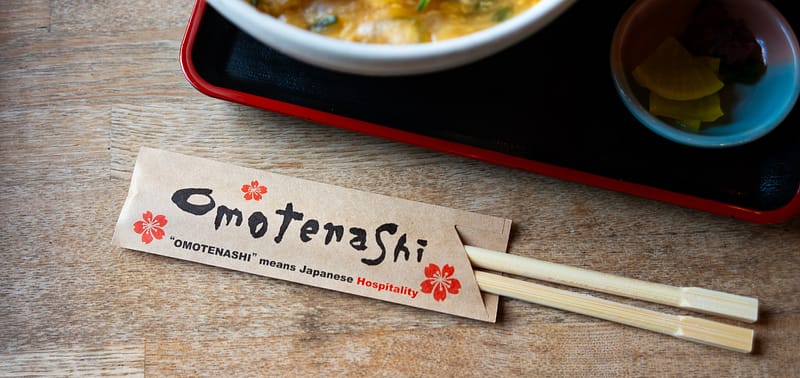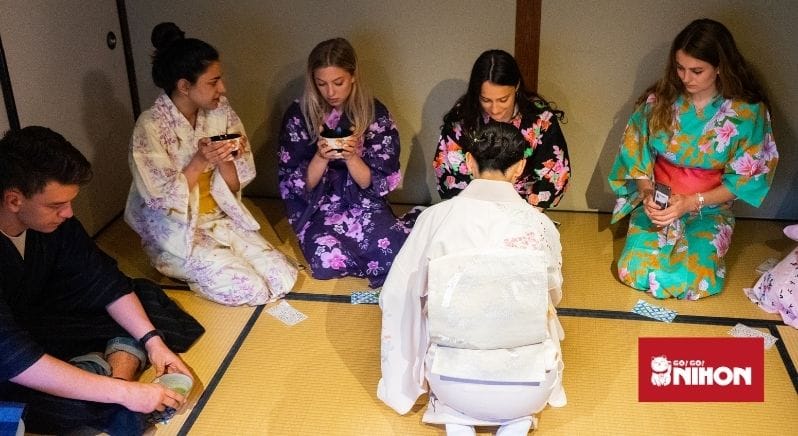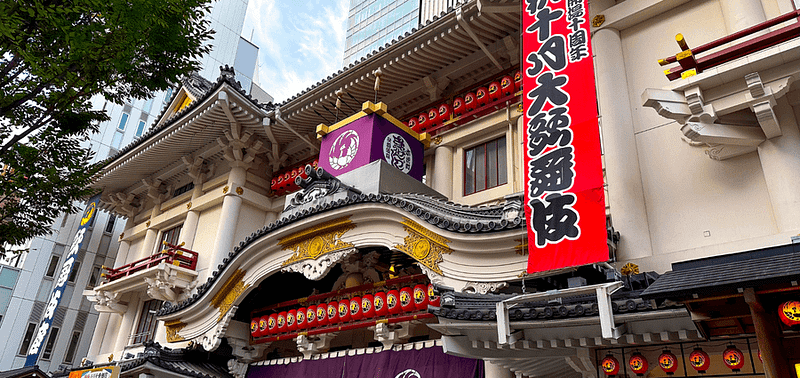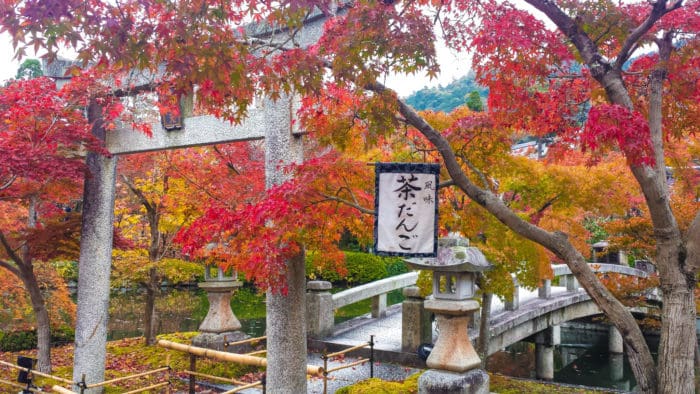The concept of Japanese hospitality, otherwise known as omotenashi (お持て成し), has come to light recently. Though translated simply as hospitality, the word omotenashi has a meaning deeply rooted in the Japanese psyche. It’s not simply being kind to guests, pouring tea, or cheerily saying hello and goodbye. Its history supposedly traces back to the grandfather of the Japanese tea ceremony, Sen no Rikyu (千利休), who in his teachings, says each tea ceremony is “ichigo ichie”—a once in a lifetime experience.
With this idea, each meeting with a guest is a once in a lifetime experience, and every moment should be honored. The host makes the guest feel as important and welcome as possible—expecting nothing in return.

Omotenashi and what Japanese hospitality means
In a Japanese tea ceremony, the host prepares every minute detail in order to create an unforgettable experience for the guest. The detail goes beyond the western idea of making sure the guest knows how much effort goes into preparation, and into the invisible. Little details like picking the correct flowers to match the guest’s personality, confections for the season, or pointing the cup in the correct direction for the guest all matter—even if the guest doesn’t take notice.
This kind of care and attention to detail in one specific situation is a perfect microcosm of how Japanese culture sees hospitality. Step into a hotel and see the guest slippers always pointed in a direction allowing a guest to immediately take off his/her shoes and slip into them. Watch as a cashier turns cash upright so it’s not upside down to the customer. Notice how, when receiving a paper, it is always turned so one can immediately read it, and always given with two hands.
Teaching omotenashi
The idea of omotenashi is to provide genuine hospitality from the host’s heart, unhidden and unprotected. In a tea ceremony, the host prepares tea completely in front of the guest. Starting from the cleaning, every act is methodical and ritualistic. In doing so, the host shows their honesty by hiding nothing.
From the moment children start school, they learn the ways of omotenashi. In many ways, this can be seen as teaching good etiquette—and it is. However, it’s more than that. It’s genuinely trying to make others feel welcome, and in doing so, building a harmonious environment crucial to the values of growing up Japanese and living in Japan. The standard of using correct titles when addressing teachers and strangers moves on to, for example, cleaning up in school. This isn’t the school saving on janitorial fees, as it may be easy to assume. This is students learning to respect their surroundings and their peers, working together to build values that create a responsible member of society. As important as character values are, items can be of equal importance. Students take care of desk tools to school items on loan, out of respect for the next user.
Just as in choosing the perfect ceramic cups for guests, Japanese hospitality shows its respect for others by taking care of items others use. Even when there is no guest, these invisible acts of care and respect behind the scenes make omotenashi what it really is.

Japanese hospitality seen around the world
In the widely discussed World Cup games, Japanese fans brought bags and immediately cleaned up after matches. In the western world, we generally see the idea of service as done in exchange for something else, like money. If no monetary compensation exists for picking up others’ trash, why do it? Won’t there be stadium employees whose job it is to clean up afterwards, anyway?
That’s where the definition of omotenashi comes in—in those little moments of society in everyday life. Japan is filled with them. Maybe there was no obvious reason to clean up at the stadium, but Japanese fans did it in respect to their hosts and to those around them. They weren’t seeking approval or something in exchange. They sought to do the best they could to respect those around them.
Beyond common courtesy
Every new year, Japanese people still make painstaking efforts to handwrite letters to friends and family. Great care goes into an act as simple as inviting a guest in for tea. Neighbors always give away extra crops from their farms in the countryside, and people almost always tailor thank you cards and gifts specifically for the person in mind.
Omotenashi is an intangible cultural property that must be felt and experienced, in order to understand. For those looking to study, work, or live here, it will soon become a part of you as well. Interested in starting the journey? Come check us out at Go! Go! Nihon.














